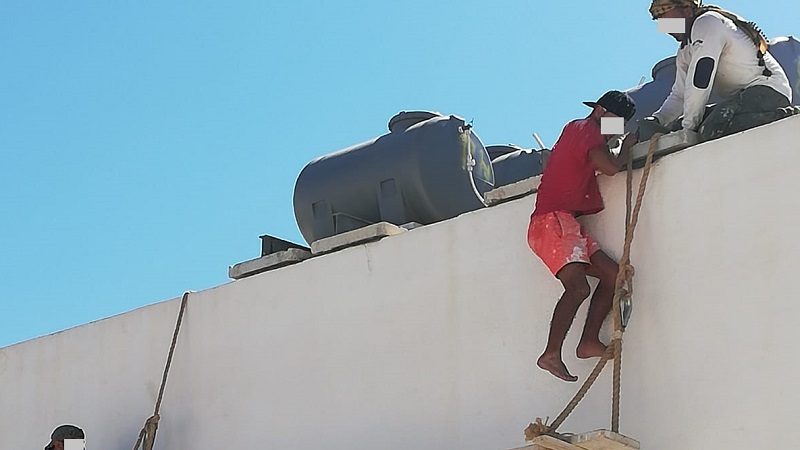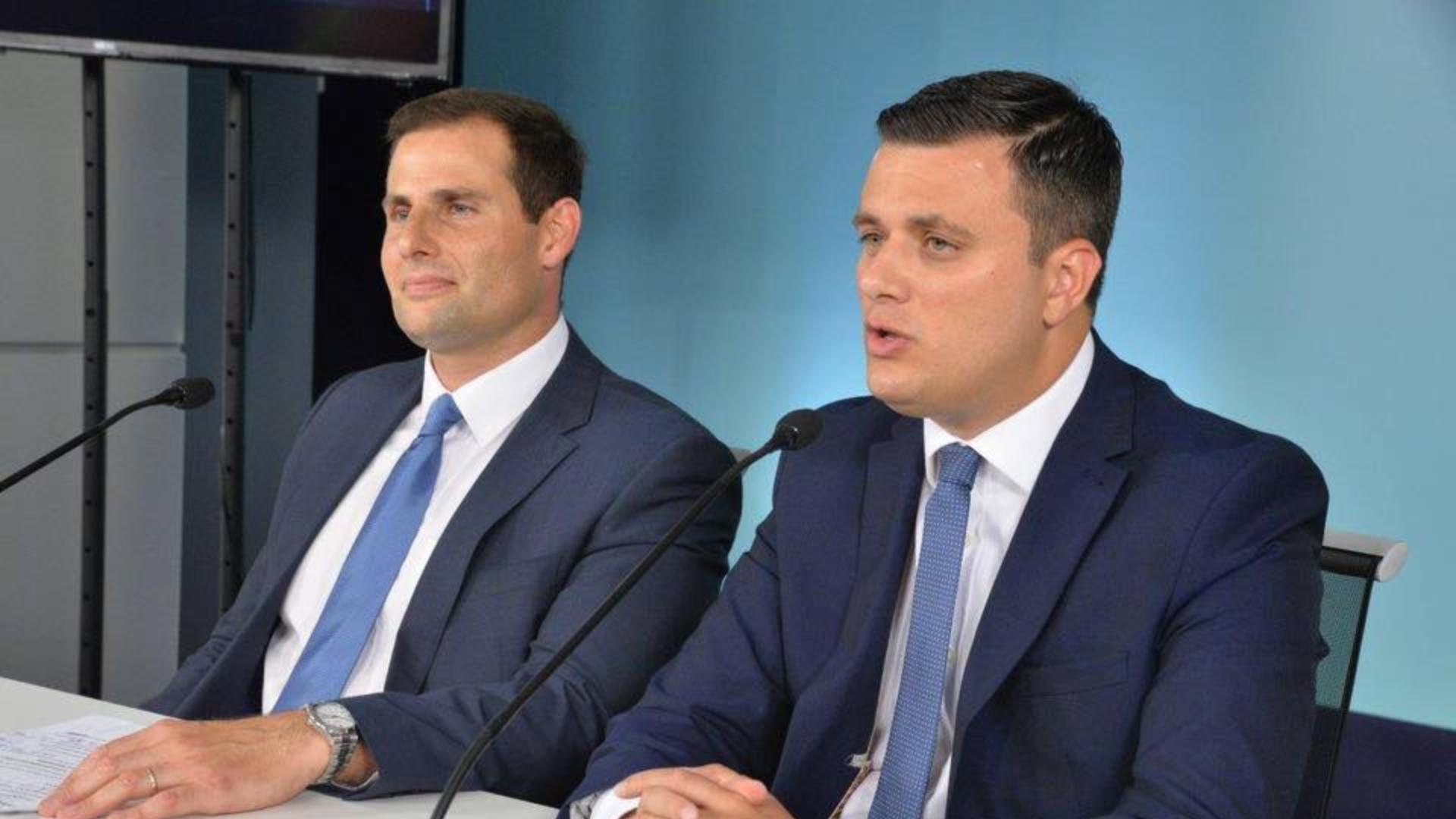‘In Malta, there are 1,264 different ways to die and all of them unusual.’
This was a semi-joke made to a Maltese friend shortly after I moved here in 2008. It stemmed from my fear of walking beneath cranes loaded with bricks, risking my life by stepping on to the road to avoid them.
By then, I’d already fractured two vertebrae in my spine thanks to Malta’s lax approach to health and safety. In 2007, I fell from a mezzanine platform in a house I was renting where there were no barriers to break my fall.
At that time, I didn’t want to appear like some puritanical colonialist and do the normal thing, i.e. complain to the landlady. Instead, I ended up in St Luke’s undergoing major surgery.
But this is nothing besides a young Libyan man who lost his life on Monday in shocking circumstances visible on a daily basis. The absence of even the most basic form of protection is unbelievable even when you see it with your own eyes.
When I heard about the death of Akram Almshay, a 26-year old husband and father, the nausea I felt was intensified by the fact I’d witnessed, recorded and reported exactly the same situation last July. In this instance, I literally confronted three men (non-Maltese) who, like Akram, were left to the mercy of a plank of wood suspended on ropes dangling at a height which, if anything had gone wrong as it did last Monday, could also have ended in fatalities.
I phoned the Occupational Health and Safety Authority but failed to get through. I e-mailed them with photos which I also posted on Facebook. On account of the latter, The Times contacted me and their report triggered someone else to contact the OHSA via the emergency number.
Meanwhile, the construction workers, a stone’s throw away from my window, realised I was taking photographs. Our ensuing conversation brought the foreman scuttling into view, an older Maltese man who reassured me that ‘They’re used to this, you see. It’s very hot.’
Presumably, Akram was ‘used to’ working in illegal conditions in a country where construction is already choking the life out of people through dust, pollution and the destruction of trees. In Akram’s case, being ‘used to’ working in such lethal conditions was not enough to save him because the lack of basic safety procedures meant he slipped through the non-existent net.
When faced with accusations of illegality, the foreman I encountered made an exaggerated show of producing helmets and sub-standard harnesses that looked incapable of supporting a living breathing man. He acted as if he was doing the world a favour by providing his workers with minimum and minimal forms of protection required by law.
Poor health and safety standards were criticised by the GWU following Akram’s death but also, and insidiously, responsibility was placed on workers.
An increasing number of construction workers are migrants, some of whom, originally refused entry to Malta, arrive from southern Italy on the promise of jobs without legal contracts. Undocumented members of the ‘informal’ economy, they have no rights, usually working long hours for very little money.
Rather than ensure protection for people already here, the government has approved plans to bring thousands more workers from non-EU countries to pre-empt a predicted deficit in labour needs, construction workers being a significant requirement. Perhaps their reasoning is that a non-EU labour force won’t demand European standards of health and safety. A good job really because Malta doesn’t have them.
Construction is a multi-billion industry in Malta and it’s mired in corruption. The glittering brave new world of the db Group ITS proposal which, despite massive opposition, was given the go-ahead by a Planning Authority saw one member flown in by private jet to cast her vote.
This world may seem a million miles away from the flimsy plank of wood from which Akram fell to his death but, of course, it isn’t. The Labour credentials of the PA board member given private jet treatment are as undisguised as Silvio Debono’s financial contributions.
Deflecting the blame for Monday’s fatality away from the OHSA, CEO Mark Gauci placed the onus on contractors, arguing that “due to a lack of labour supply and the huge demand for construction developments, shortcuts are taken”.
Why let the death of one young Libyan stand in the way of progress?












